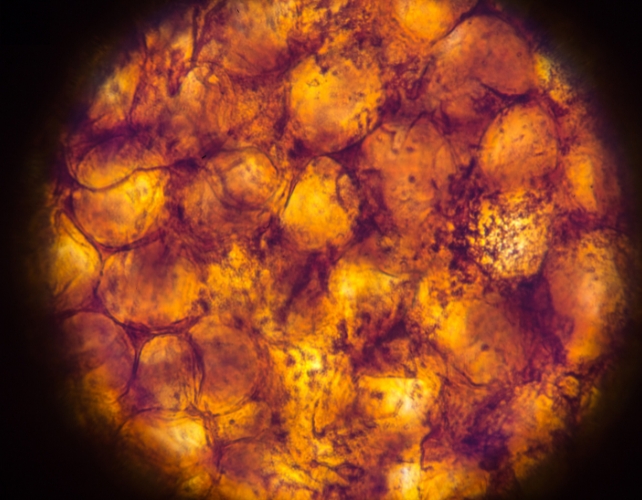Researchers from ETH Zurich found that mammalian fat cells retain a “memory” of past obesity through epigenetic changes, even after significant weight loss.
Experiments on mice showed that formerly obese mice gained weight faster when fed a high-fat diet compared to control mice, suggesting their fat cells were “primed” for weight regain.
The epigenetic changes in formerly obese mice included increased activity of genes involved in inflammation and decreased activity of genes related to fat cell identity and function.

Similar epigenetic “obesogenic memory” was found in fat cells taken from humans who had undergone weight loss surgery, compared to those who had non-weight-related surgeries.
This “obesogenic memory” in fat cells may contribute to the common “yo-yo” effect where lost weight is quickly regained, making long-term weight management challenging.
The researchers suggest that targeting these epigenetic changes could improve long-term weight management and health outcomes for people who have been obese.
Obesity is a major global health issue, linked to 4 million deaths in 2015, so understanding this complex issue is crucial.
Source: ScienceAlert









